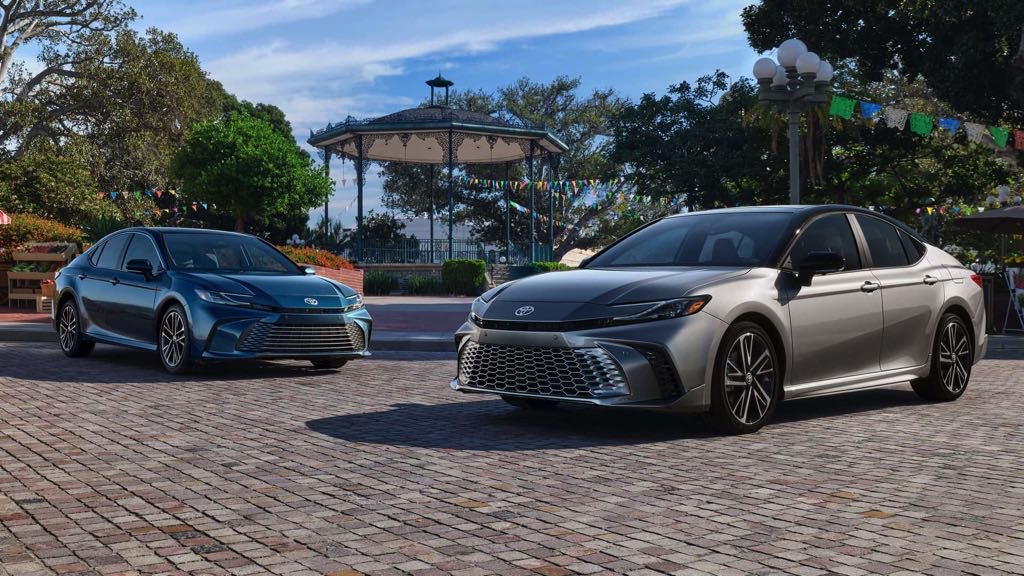

Toyota Explores Hydrogen Infrastructure To Support India’s Clean Energy Future
June 30, 2025
0 Comments

Toyota explores hydrogen microgrid project with Ohmium to support India’s clean energy
Toyota Kirloskar Motor is advancing its efforts to promote clean energy in India through a pilot project exploring hydrogen-based microgrids, developed in partnership with electrolyser manufacturer Ohmium. The initiative aims to combine Toyota’s fuel cell technology with Ohmium’s electrolysers to create decentralised, off-grid green power solutions for industrial operations.
The pilot system, which produces green hydrogen using water and air, converts it into electricity via Toyota’s fuel cell stacks. If successful, this model could provide clean, reliable energy for sectors that require uninterrupted power, such as manufacturing facilities, data centres and remote industrial units.
Vikram Gulati, Country Head and Executive Vice President of TKM, highlighted the project’s significance in fostering innovation with Indian partners and building a roadmap for scalable hydrogen applications. He noted that this integration could offer energy solutions tailored to Indian conditions, particularly for regions with limited grid access.
Toyota’s focus extends beyond mobility, positioning itself as a clean energy enabler for India. The initiative aligns with the National Green Hydrogen Mission and India’s broader goals of achieving energy self-reliance and industrial decarbonisation by 2047.
According to Sudeep Dalvi, Senior Vice President and Head of State Affairs at TKM, hydrogen’s role as a clean energy carrier is critical for both stationary and transport applications. The company believes large-format transport, including freight trucks and intercity buses, could benefit from shared hydrogen infrastructure as production scales.
While the current focus remains on engineering, testing and system optimisation, localisation of key components could follow if the project proves commercially viable. Gulati indicated that integrating Ohmium’s electrolysers with Toyota’s fuel cells presents both technical challenges and opportunities, with the ultimate goal of creating an “Indianised” hydrogen energy solution.
This microgrid initiative builds on Toyota’s previous hydrogen-related efforts in India, including pilot projects with hydrogen-powered vehicles, collaborations on refuelling infrastructure and partnerships with commercial vehicle manufacturers.
The project has received support from key government officials, with Union ministers acknowledging its potential to contribute to India’s clean energy transition. Nitin Gadkari, Minister for Road Transport and Highways, described hydrogen as “the fuel of the future” and praised the collaboration’s alignment with India’s Atmanirbhar Bharat (self-reliant India) vision.
Although still in its early stages, Toyota’s hydrogen microgrid project reflects the company’s broader strategy to support India’s clean energy goals and promote the development of a decentralised hydrogen ecosystem for industrial and mobility applications.
The post Toyota Explores Hydrogen Infrastructure To Support India’s Clean Energy Future appeared first on MotorBeam.
Add a comment Cancel reply
Related posts

September 11, 2025
Skoda Vision O Concept Unveiled At IAA, Showcases The Brand’s Future Design Language Skoda has unveiled the Vision...

Tata.ev Megacharger Hub Launched In Mumbai
Shubham Kumar
September 11, 2025
Tata.ev Megacharger Hub Unveiled, Will Serve Private EV Owners, Taxis, Ride-Hailing Fleets, and Logistics Operators Tata Power partnered...

Nissan Magnite Price Reduced Amid GST Reforms
Shubham Kumar
September 10, 2025
Nissan Magnite Price Reduced Amid GST Reforms, CVT Tekna Variant Price Reduced By Rs. 1 Lakh Nissan has...

MG To Reduce SUV Prices Amid GST Reforms
Shubham Kumar
September 10, 2025
MG Reduces Prices Of SUVs Amid GST Reforms, Gloster To Benefit Up To Rs. 3.04 Lakh MG has...
We are the best cars listing platform in india.




